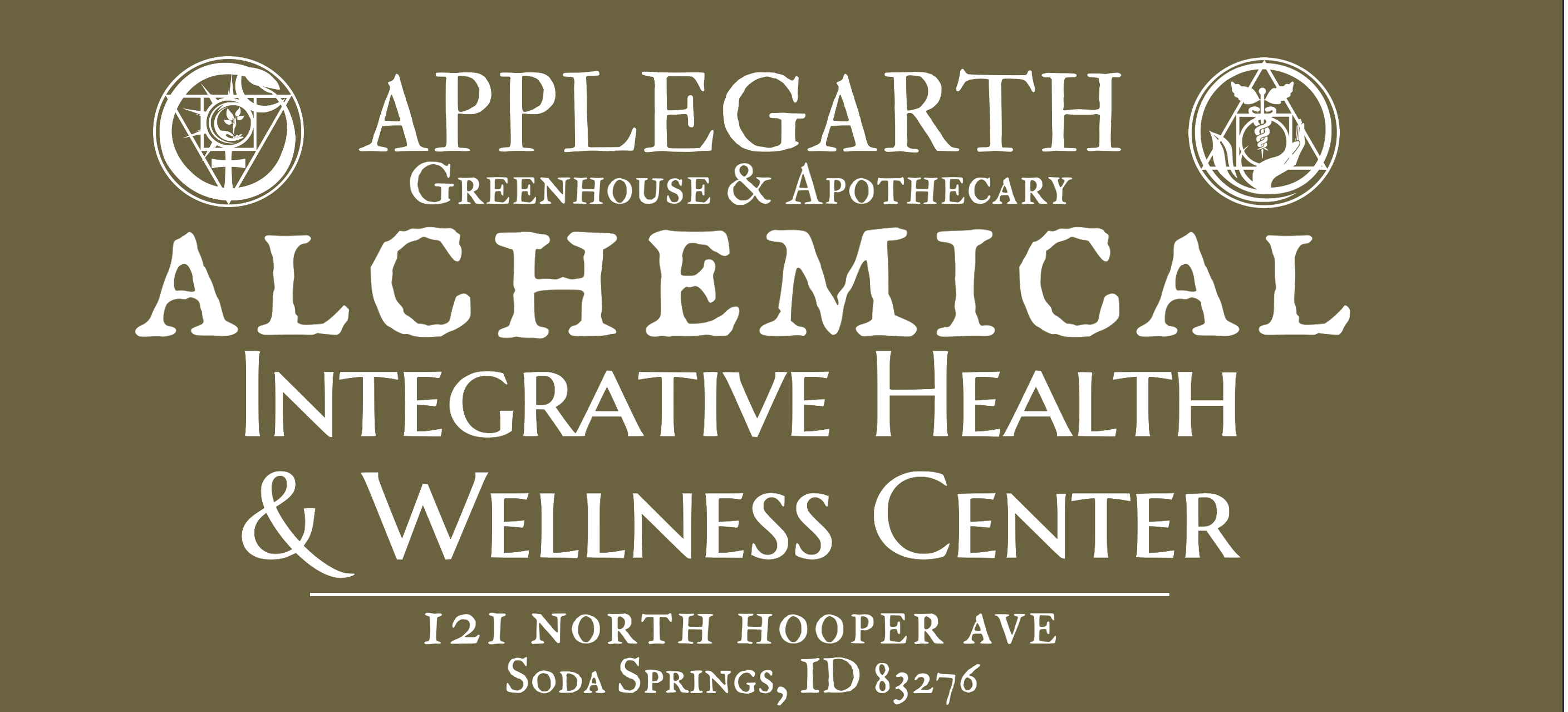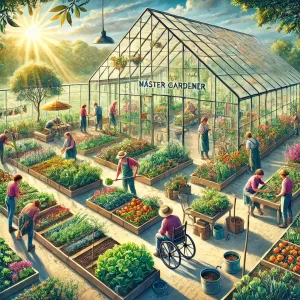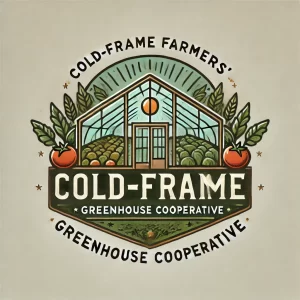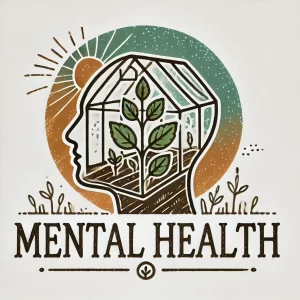Olericulture & Fruit Production
Olericulture is the field dedicated to the production, storage, processing, and marketing of vegetables. It covers every stage of crop development, from seeding and transplanting to selecting cultivars, preparing seedbeds, and rejuvenating soil. This field includes the care and maintenance of crops for both commercial and non-traditional vegetable production, such as organic gardening, sustainable agriculture, hydroponics, and biotechnology. The range of crops includes potherbs and leafy greens like spinach and collards, salad crops like lettuce and celery, cole crops such as cabbage and cauliflower, root crops and tubers like potatoes, beets, carrots, and radishes, bulb crops such as onions and leeks, legumes like beans and peas, cucurbits including melons, squash, and cucumbers, solanaceous crops like tomatoes and peppers, and sweet corn.
Fructiculture
Fructiculture, also known as pomology, is the study and cultivation of fruit, focusing on the development and physiological study of fruit-bearing trees and plants. The primary goals of fructiculture are to enhance fruit quality, regulate production times, and reduce costs. This field encompasses the management of various orchards and crops, including traditional fruit orchards, tropical orchards that produce fruits like oranges, lemons, limes, figs, pomegranates, and bananas, as well as berry crops such as raspberries, blackberries, currants, huckleberries, strawberries, and other specialty berries. Viticulture, the cultivation of grapes, is also an important part of fructiculture.









